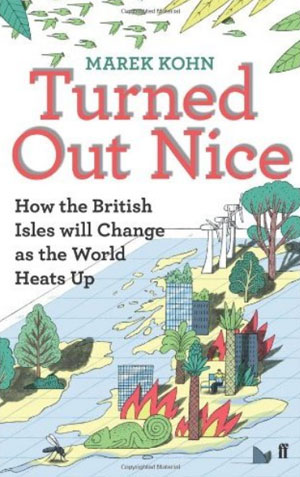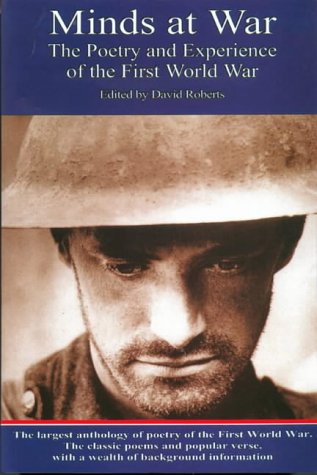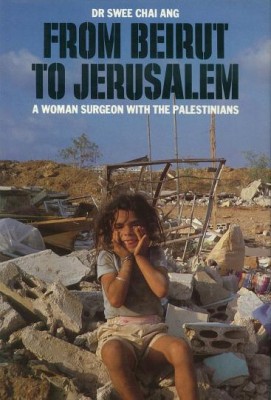
A methodology book for teaching of Global Citizenship.
Prepared by Open Spaces for Dialogue and Enquiry
Education is not simply learning the three R's although, of course, reading writing and arithmetic are important basic requirements for a satisfactory life. However, there is vastly more to it than that. We want to help in the total development of real human beings. There are so many different aspects of life, each requiring special skills, insights and sensitivity. To live life to the full in our existing highly unequal and, indeed, divided social set-up we need to be able to think rationally and independently and for this we need to talk to others, learn their point of view, disagree with them where necessary, but without rancour and come to terms with the vast variety of peoples and cultures.
These three books are designed to help teachers in this all important task. The first, Open Spaces for Dialogue and Enquiry lays down certain methodological guidelines. The second, Stories for Thinking, provides a number of simple stories, largely based on ancient myths and legends. Each story is followed by suggestions for following them up. The third book, Through Other Eyes, asks learners to undertake the admittedly difficult task of getting into the minds and outlook of people throughout the world, with their different lives, opportunities, standards of living, language etc, in a word, their different cultures, in the fullest sense of that word.
Some relevant aims are indicated. "Learning to live together in a globally interdependent, diverse and unequal society" is one. We are also asked to reflect on differing attitudes to what we, in the West, call 'development'. Do the recipients of our "aid", for example, see this in the same way as those of us belonging to the donating countries?
Then there are the questions of equality. Does everyone want it, especially with regard to the gender question? Are there perhaps disadvantages to "equal treatment"? Don't be surprised at any of the outrageous ideas put forward for consideration. Be prepared to examine your own ideas critically. What a wonderful world it would be if all of the rising generation could have their minds and feelings stimulated in this way.
The purpose of these books is to help teachers achieve that noble aim.




